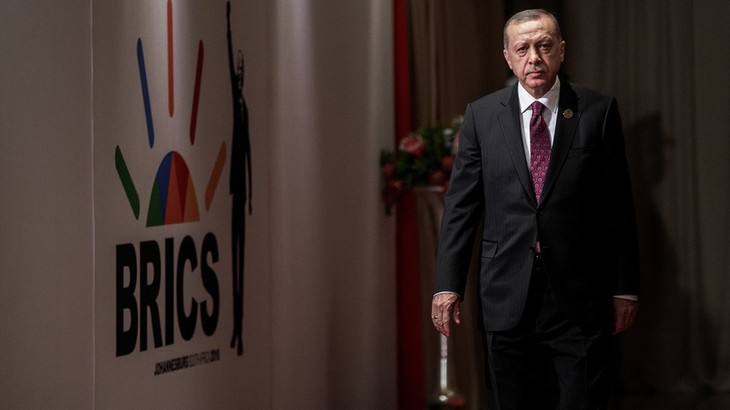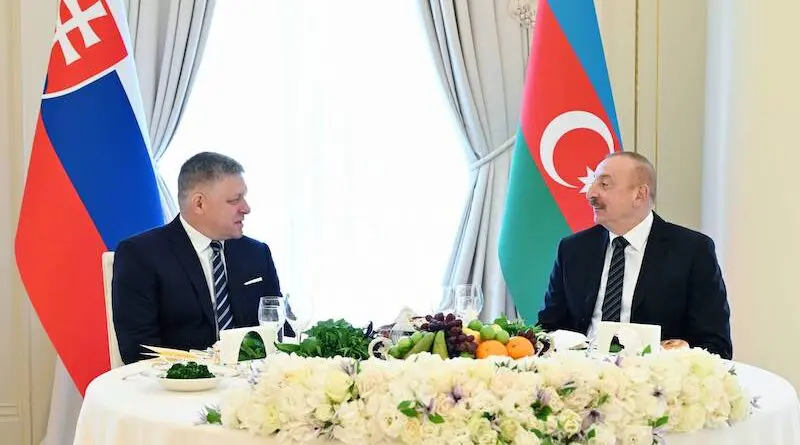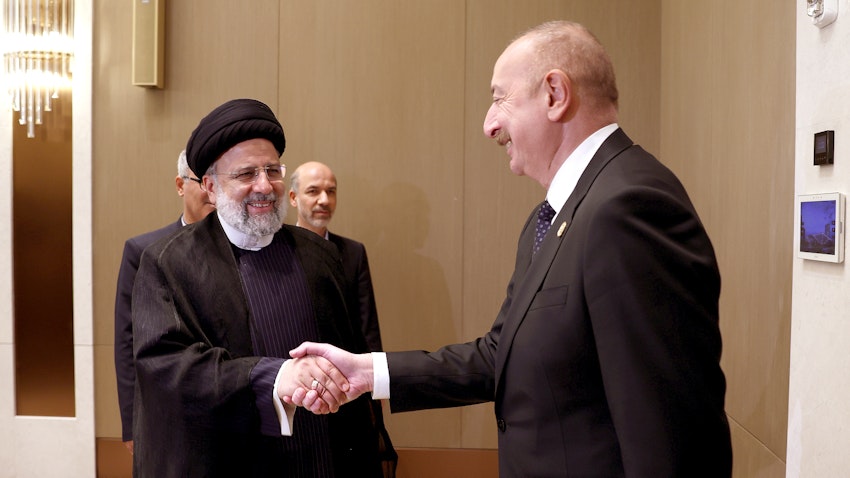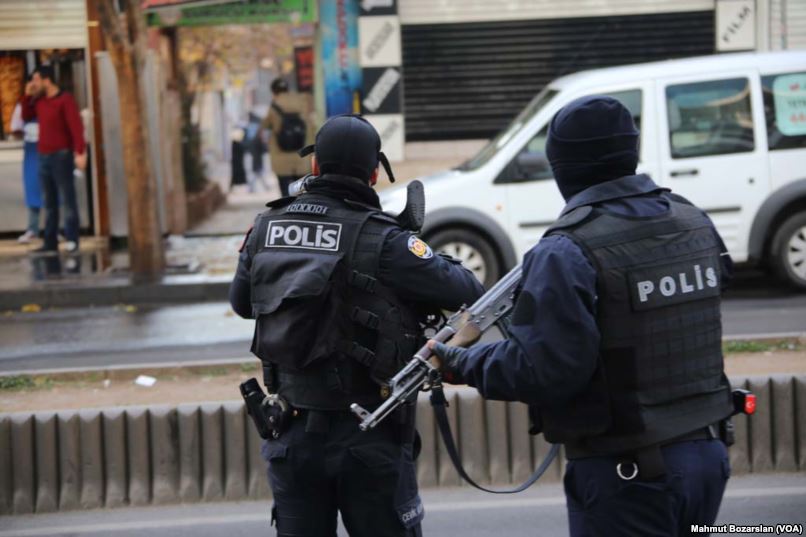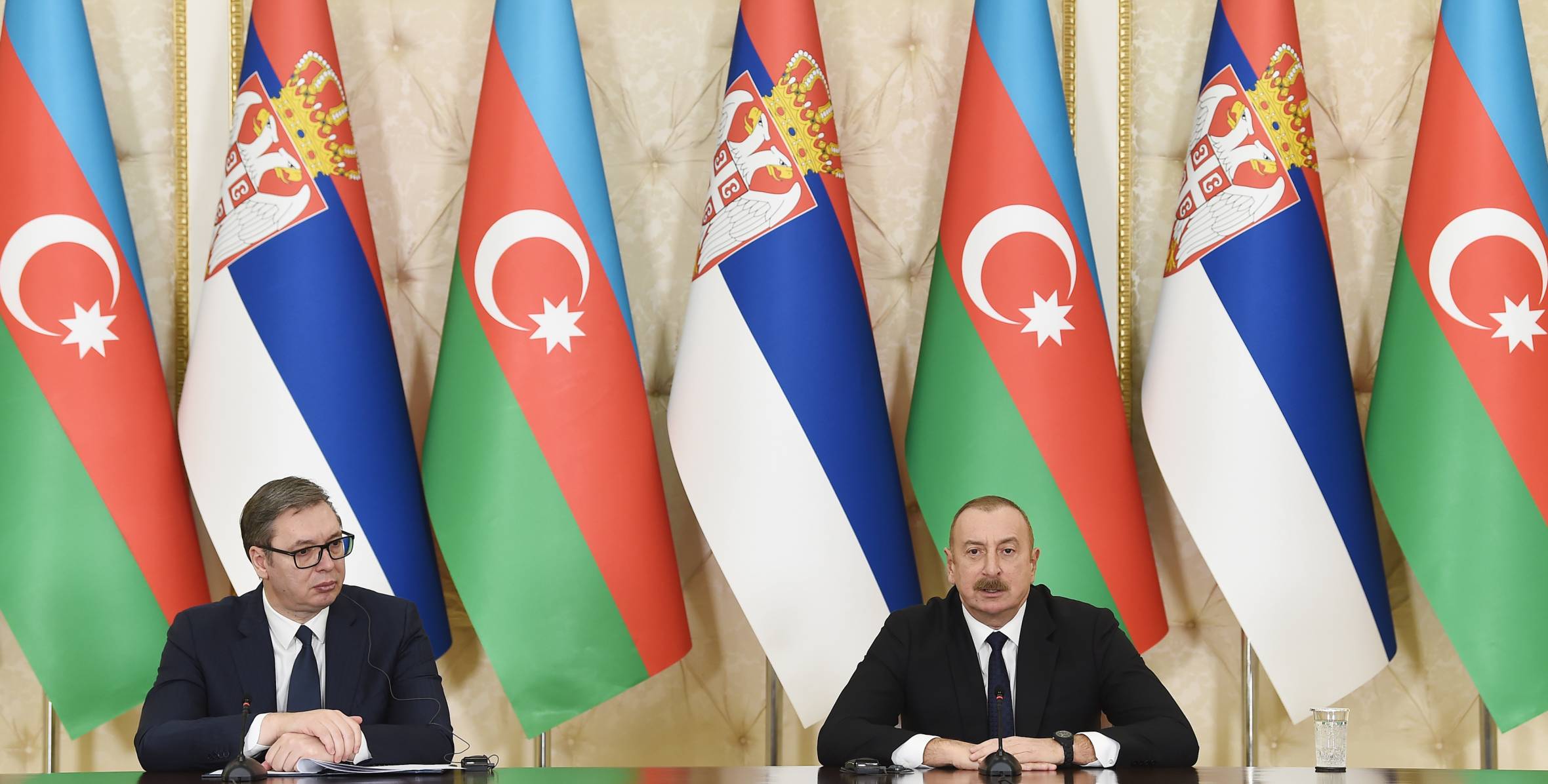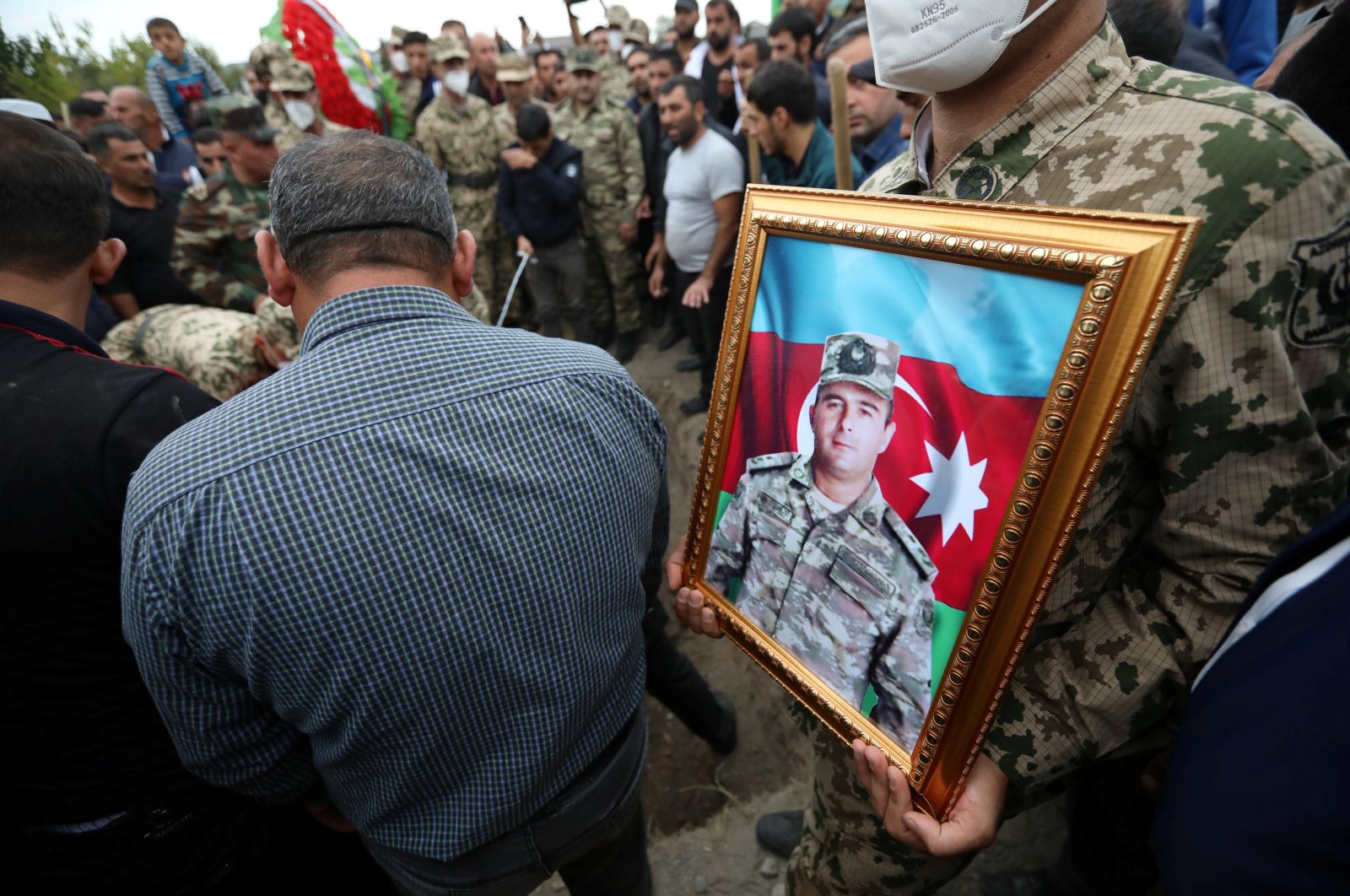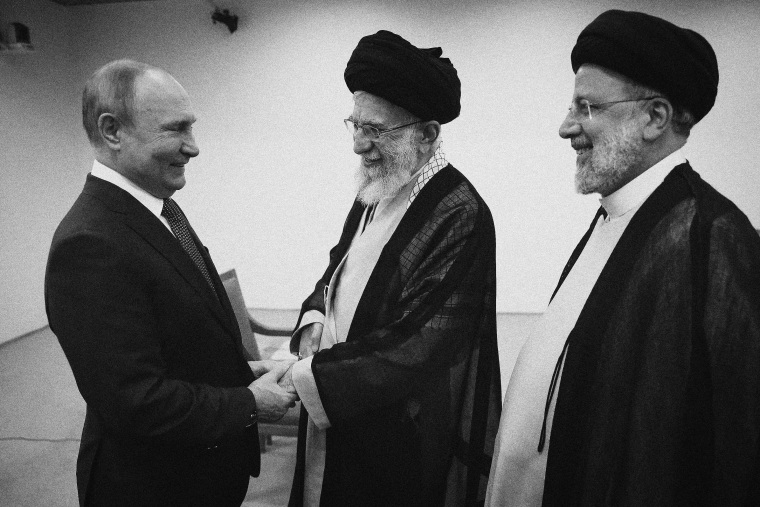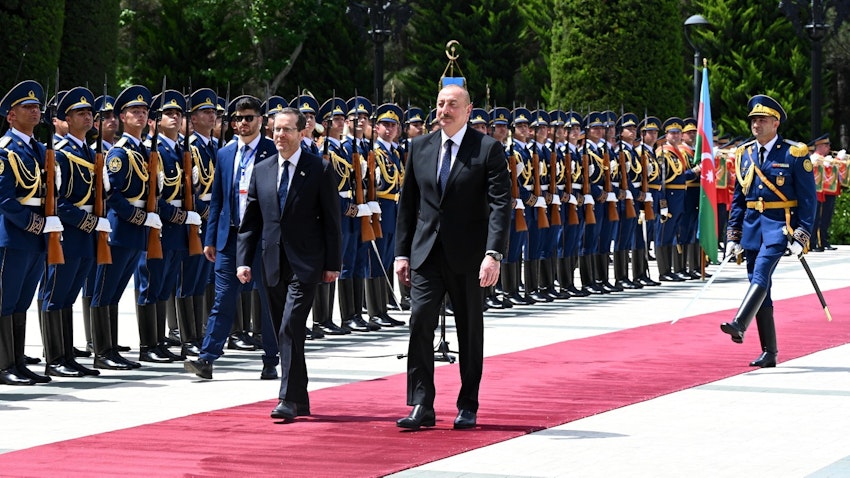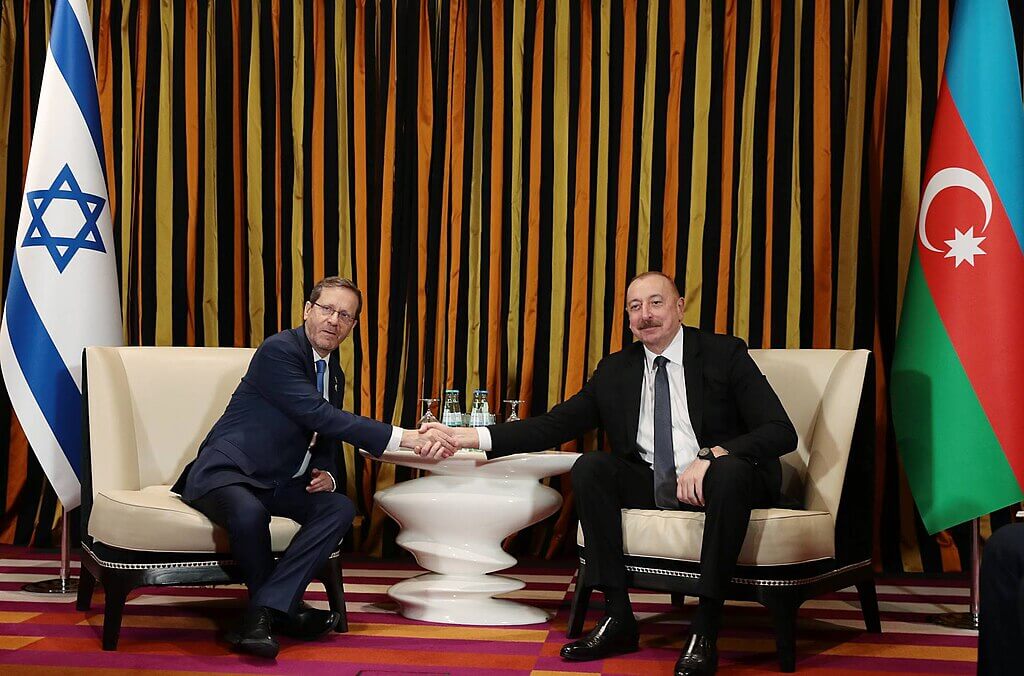
Azerbaijan has built strong partnerships with Israel in energy and defense for the last two decades despite also maintaining ties with Turkey and Iran
The impact of the geopolitical turmoil in the Middle East stemming from the ongoing Israel–Hamas war extends far beyond the region.
Since Hamas’s brutal October 7 terror attack on southern Israel, Israeli forces have conducted large-scale military operations in Gaza to try to destroy Hamas and armed radicals affiliated with the militant Palestinian group. Although many countries in Europe and Asia voiced support for Israel at least initially, others have tried to remain neutral, while countries such as Iran, Russia, Turkey, Ireland, and Spain have blamed Israel for the excessive use of force in Gaza and disregard of civilian lives. Continue reading

